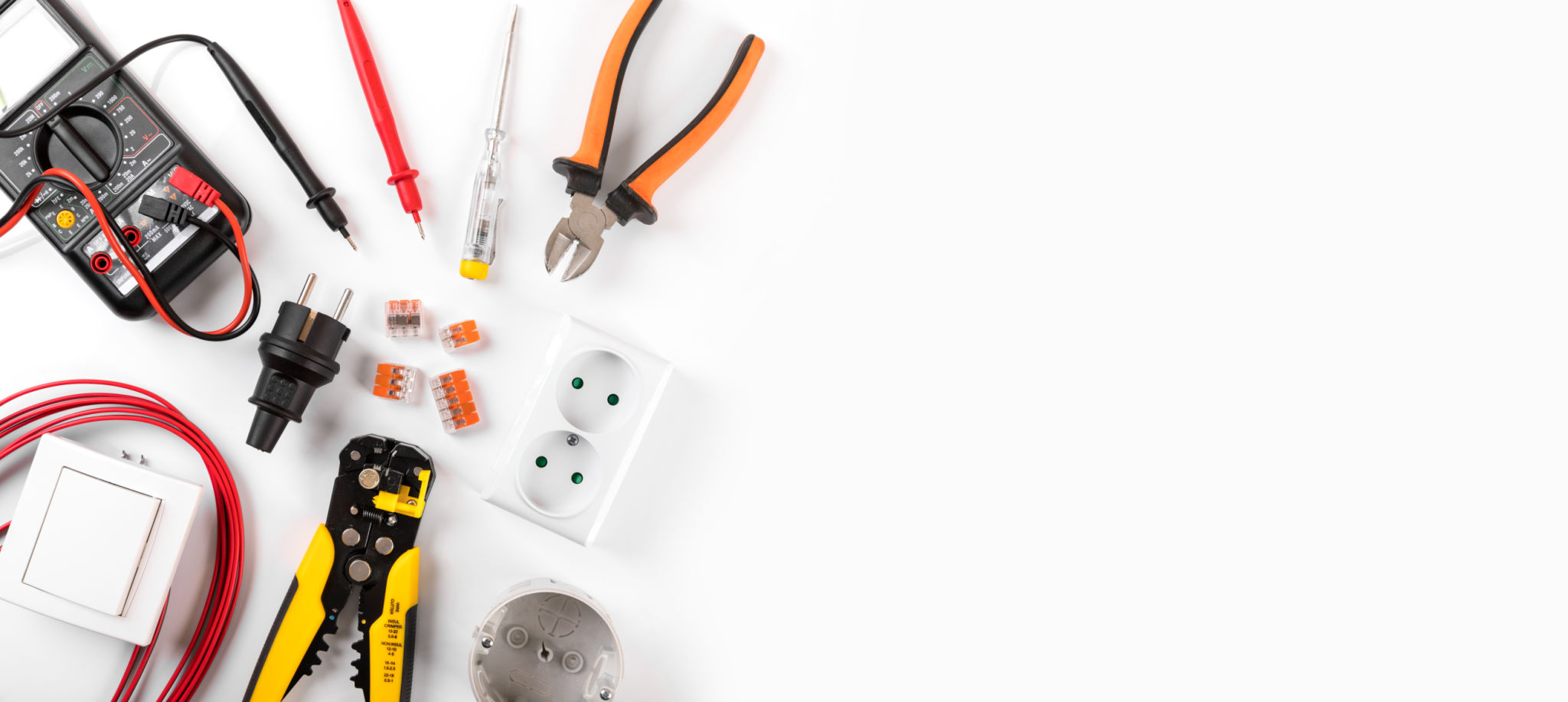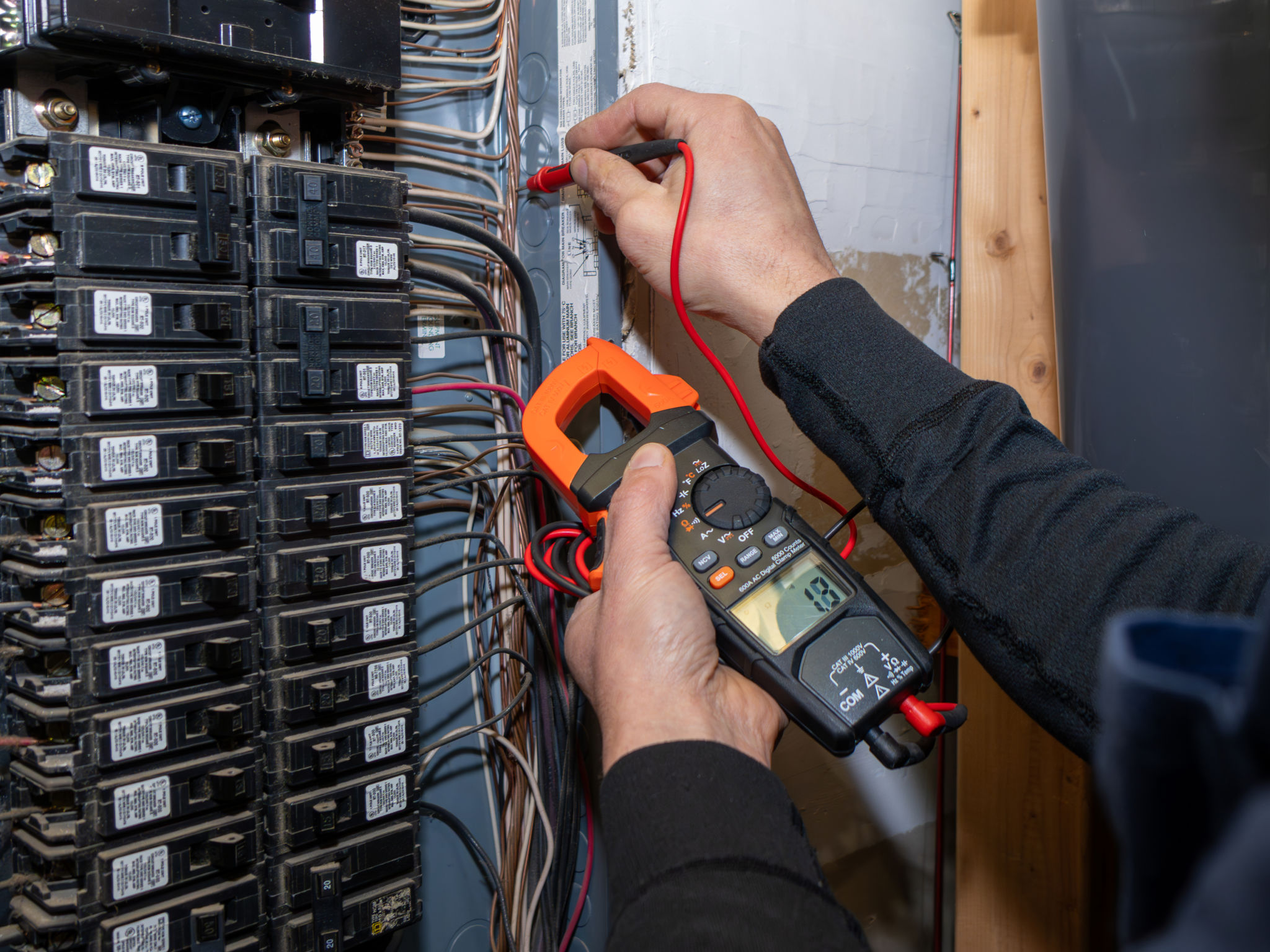DIY Electrical Safety Tips for St. Louis Homeowners
Understanding the Basics of Electrical Safety
As a homeowner in St. Louis, taking on DIY projects can be a rewarding experience. However, when it comes to electrical work, safety should be your top priority. Understanding the basics of electrical safety is crucial to prevent hazards and ensure that your projects are successful.
Before starting any electrical project, always turn off the power at the circuit breaker. This is the most effective way to avoid electric shock. Additionally, use a voltage tester to confirm that the circuit is indeed off before you begin any work.

Using the Right Tools and Equipment
Using the right tools for the job is essential in any DIY project, but it's especially important in electrical work. Invest in quality tools, such as insulated screwdrivers and pliers, which are specifically designed for electrical tasks. These tools will help protect you from accidental shocks and make your work more efficient.
Additionally, ensure that your home is equipped with smoke detectors and fire extinguishers. Regularly test these devices to confirm they are in working order. They provide an extra layer of safety in case of an unforeseen electrical issue.
Identifying Common Electrical Problems
A keen eye for identifying common electrical problems can prevent minor issues from becoming major hazards. Flickering lights, frequently tripped circuit breakers, and warm outlets are signs that something might be amiss with your electrical system.

Preventing Overloads and Short Circuits
One of the primary causes of electrical fires is overloaded circuits. To prevent this, avoid plugging too many high-wattage appliances into a single outlet. Use power strips with surge protectors to manage your devices safely. It's also wise to be familiar with your home's electrical panel to know which circuits are connected to specific areas of your house.
Short circuits can occur when electricity flows along an unintended path. This can cause wires to overheat and potentially start a fire. Regularly inspect cords and outlets for damage, and repair or replace them as necessary to prevent short circuits.
Knowing When to Call a Professional
While DIY projects can be fulfilling, knowing when to call in professional help is crucial for safety. If you're unsure about your ability to handle a particular electrical task or if the project involves complex wiring, it's best to hire a licensed electrician. They have the expertise and tools necessary to perform the job safely and efficiently.

In conclusion, practicing electrical safety is an essential part of maintaining a safe home environment. By understanding the basics, using the right tools, identifying potential problems, and knowing when to call a professional, St. Louis homeowners can enjoy their DIY projects with peace of mind.